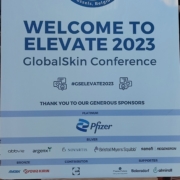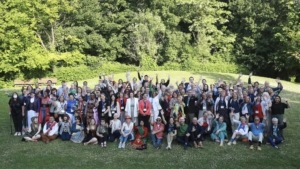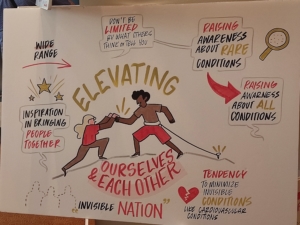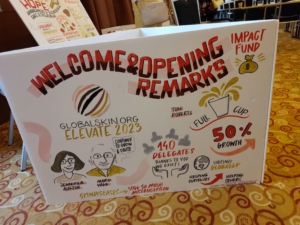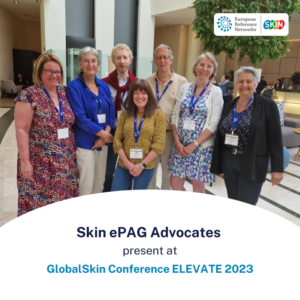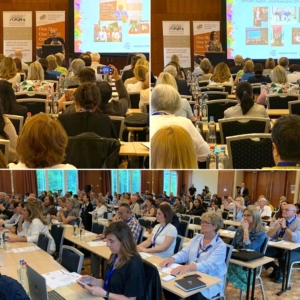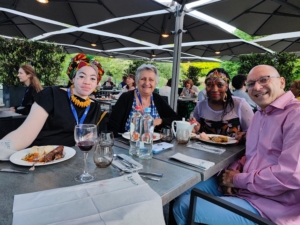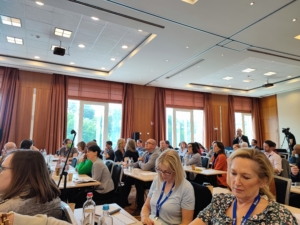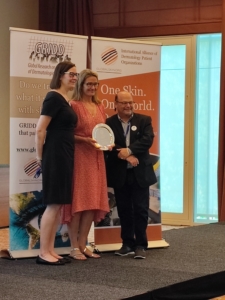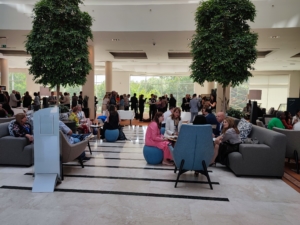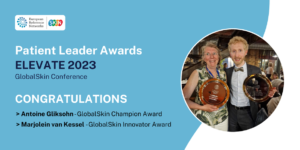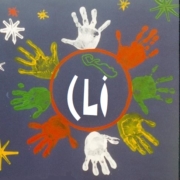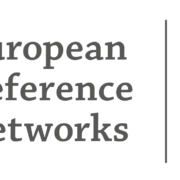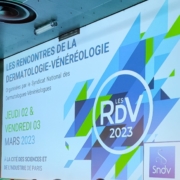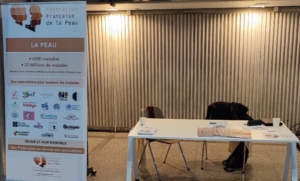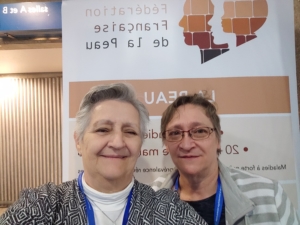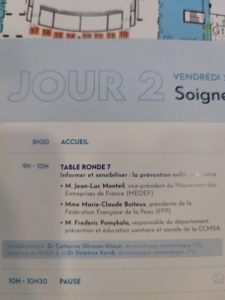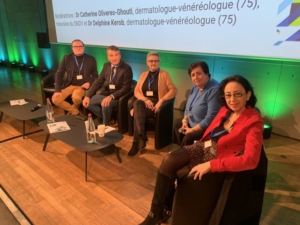The French Federation for Skin (FFP), the French Society of Dermatology (SFD), the National Union of Dermatologists Venereologists (SNDV), the Network for Rare Skin Disorders (FIMARAD), the French Federation for Continuous Training and Evaluation in Dermatology Venereology (FFFCEDV), as well as the association of Future Dermatologists Venereologists in France (FDVF) pulled the communication cord :
Dermatology is on the brink, an alarming situation in France. The WHO (World Health Organisation) has classified skin disorders as the 4th most impacting disorders regarding patients’ quality of life. Yet, anywhere in French, skin disorders encounter an intersectional group of difficulties : No access to care in several regions, several months’ delay to get an appointment in town and in hospital, alarming medical and paramedical demography, therapeutic and diagnostic roving leading to loss of opportunities and refusal of care, social inequities in health, and more.
A recent study led in 316 Prefectures and Sub-prefectures (both local regional political and administrative centres) showed that dermatology is one of the first specialist area of medicine for which getting a first appointment is almost impossible.
Patients and their families feel like they are left behind et health professionals feel helpless when face with growing difficulties. Yet, in the past few years, dermatology treatments have seen a real revolution and should allow, with correct care, to cure many conditions efficiently and much earlier.
Despite these alarming findings, skin disorders are totally absent in today’s main local health priorities. The coming review of the PRS is a unique opportunity to correct this omission and finally take into account the needs of the populations concerned.
Action must be taken urgently !
3 headings and 14 propositions are included in this contribution to turn this crisis around.
-1- Make access to care a Priority
Train more dermatologists venereologists by increasing the number of interns in dermatology.
Re-establish skin healthcare in hospitals in all French regions.
Create the post of Advanced Practice Nurse (IPA) in all hospital dermatology departments.
In areas where skin care is limited, encourage retired private dermatologists to pursue their activities for a few years beyond retirement age.
Develop online dermatology expertise, and prioritise the worst regions where care is very limited or absent.
Create positions for psychologists in hospital dermatology departments.
Re-assess upward the complexity of skin treatments that nurses are allowed to deliver.
-2- Make dermatology care pathways more fluid
Co-develop, together with health professionals and patient organisations, care pathways more readable and clarify the various levels of intervention (1st consultation, specialised care, complex care).
Train « 1st step » health professionals in dermatology and provide them with the minimum equipment necessary (dermatoscope, biopsy equipment, online tools, etc.)
Strengthen the co-ordination between 1st consultation and specialised care based on local measures and systems that were already well-tested (especially online expertise, specialised skincare teams)
Reinforce the link town-hospital, especially supporting and increasing the fees for hospital consultations delivered by private dermatologists.
Lead, with the support of patient organisation, advertising campaigns and awareness raising for patients to encourage them use the health system in a more responsible way :
o reduce the number of missed appointments.
o Limit the number of annual « check-up » appointments for people who are not at risks or with no particular symptom.
-3- Provide greater support to health professionals and patients
Support the deployment of medical assistants to give doctors more medical time for patients.
Set up, together with professional organisations, a support system for health professionals facing working difficulties (preventing chronic work-related stress, work-life balance, etc).

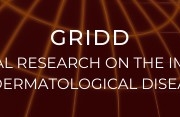

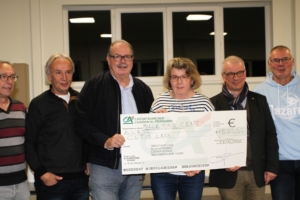
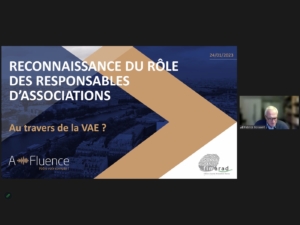
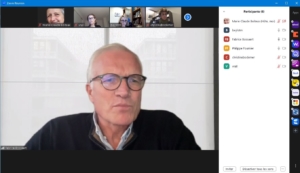
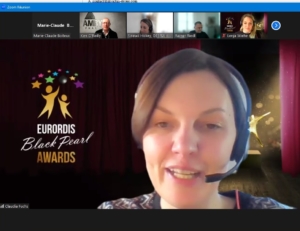
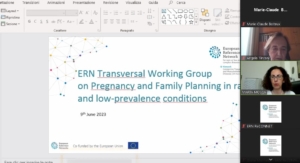
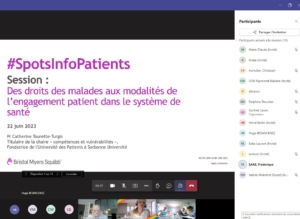
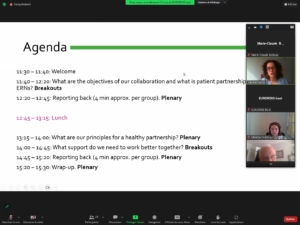 :
:
